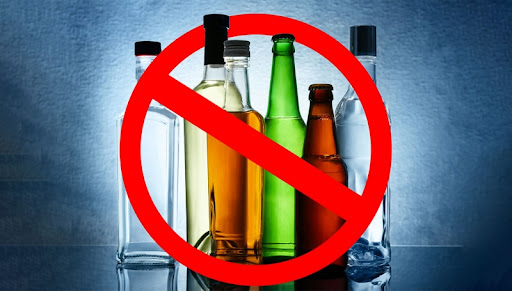Recently, Nestlé admitted that its overvalued the size of Africa’s growing middle class has daunt US food group Kellogg from expanding its presence in the continent.
The world’s biggest cereal maker last week announced plans for a $450m joint venture with Singapore’s Tolaram Group to develop breakfast foods and snacks for the West African market, with the focus on Nigeria.
The deal comes as multinational consumer groups including Unilever and Diageo are increasing their investments in their Nigerian units in an effort to capture the country’s price-conscious shoppers and help boost their profits.
McKinsey estimates that Nigerian households with incomes of more than $5,000 a year will increase from 20 per cent of the population to 27 per cent by 2020, putting them within the target customer base of formal retail chains.
“The size of the economy, its growth rate and changing demographics” were the reason Nigeria was the right first move, said Kellogg. “And we have found a suitable partner.”
But the slowdown in Nigeria’s economy, fuelled by the collapse in the price of crude oil and the weakening naira, has hurt consumer spending, creating a tough business environment for Kellogg and other rivals pushing into the market.
Nestlé, which has invested close to $1bn in Africa over the past decade, said in June that turnover in the region had failed to deliver in line with initial growth forecasts set out in 2008, when it stepped up its expansion in the region. As a result, the Swiss-based group is cutting 12 per cent of its workforce in 21 countries across the continent, excluding South Africa.
With much of the population still focused on quantity, rather than quality of staples, much of Kellogg’s success will be in pricing its products correctly.
Kellogg, which also makes Pop-Tarts and Pringles crisps, said that rather than increase its cereal offering, it would aim to push its lower-end products to consumers in open-air markets in Nigerian cities such as Lagos.
The effort to move the US food group’s products far and wide should be enabled by Tolaram’s Nigerian distributor Multipro’s 450,000 “touch points”.
The deal also gives Kellogg the right to buy into Tolaram African Foods, the company that makes and sells Indomie, the leading instant noodle brand in the country that is a mainstay in the Nigerian diet. A single serving size packet sells for the equivalent of 18 cents.
“Now, with the Nigerian economy under strain, single-use small packets of snacks like biscuits and fruit juice boxes are the best bet as long as the cost of packaging is not passed on to the consumer,” said Ahmed Maswood, vice-president of Godrej, the Indian company which sells a range of beauty products in Nigeria.
Partnering with a strong, local distribution partner and adapting products to suit its target market, Kellogg may be able to avoid the mis-steps that Nestlé made on the continent by focusing on the elite minority rather than the everyday majority.
That has been Unilever’s strategy in the country where it has created several brands of varying affordability, including a low-cost margarine that does not require refrigeration. The Anglo-Dutch group recently offered to increase its equity stake from 50 per cent to 75 per cent in its separately listed subsidiary Unilever Nigeria to capitalise on expected growth in the country. The deal is pending regulatory approval.
“No one can deny the current challenges, but all emerging markets are volatile and our focus is the Nigeria consumer where, if you understand their needs and develop the right brands at the right price, there is huge untapped potential in a fast-changing market,” said Bruno Witvoet, head of Unilever Africa.






Comment
No comments found.